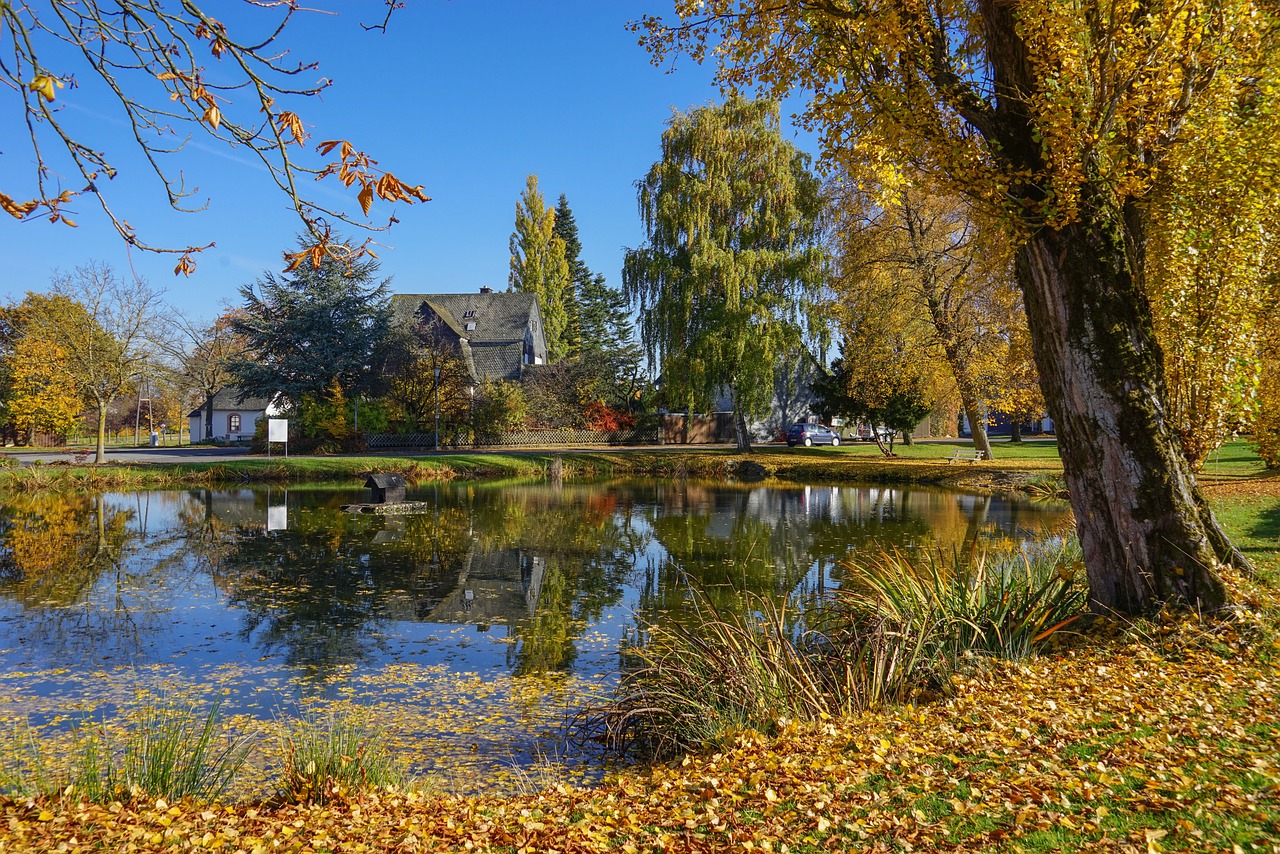Addressing Climate Change Education, Environmental Justice, and Sustainability Practices in Camp Curricula at Camps: Sky247.net login, Gold365.com, Gold365.win
sky247.net login, gold365.com , gold365.win: Camp experiences offer unique opportunities for children and teenagers to develop a deeper understanding of environmental issues and sustainability practices. As climate change continues to impact our planet, addressing these issues in camp curricula is essential to educate and empower the next generation to make a positive impact on our environment.
Importance of Climate Change Education at Camps
Climate change education has become increasingly important in recent years, as the effects of global warming become more pronounced. Camps play a pivotal role in educating young people about the causes and consequences of climate change, as well as the actions they can take to mitigate its impact. By integrating climate change education into camp curricula, we can foster a sense of environmental responsibility and inspire campers to become advocates for a sustainable future.
Environmental Justice in Camp Curricula
Incorporating principles of environmental justice into camp curricula is essential to ensure that all campers have equitable access to environmental education and outdoor experiences. By addressing issues such as environmental racism, food insecurity, and access to green spaces, camps can promote social and environmental justice and empower campers to become agents of change in their communities.
Sustainability Practices at Camps
Implementing sustainability practices at camps is crucial for minimizing their environmental impact and modeling responsible behavior for campers. From reducing waste and conserving water to promoting renewable energy sources and sustainable transportation options, camps can demonstrate the importance of sustainability in action. By incorporating these practices into camp operations, we can instill a sense of environmental stewardship in campers and encourage them to adopt sustainable habits in their daily lives.
FAQs
Q: How can camps incorporate climate change education into their curricula?
A: Camps can incorporate climate change education by offering workshops, activities, and discussions on topics such as renewable energy, carbon footprint reduction, and climate justice.
Q: What are some examples of sustainability practices that camps can implement?
A: Camps can implement sustainability practices such as composting food waste, using reusable dishware, installing solar panels, and promoting water conservation.
Q: How can camps promote environmental justice in their curricula?
A: Camps can promote environmental justice by addressing issues such as access to green spaces, environmental racism, and food insecurity through workshops, activities, and guest speakers.
In conclusion, addressing climate change education, environmental justice, and sustainability practices in camp curricula is essential for empowering young people to become environmental stewards. By integrating these important topics into camp programming, we can educate and inspire the next generation to take action towards a more sustainable and equitable future.







